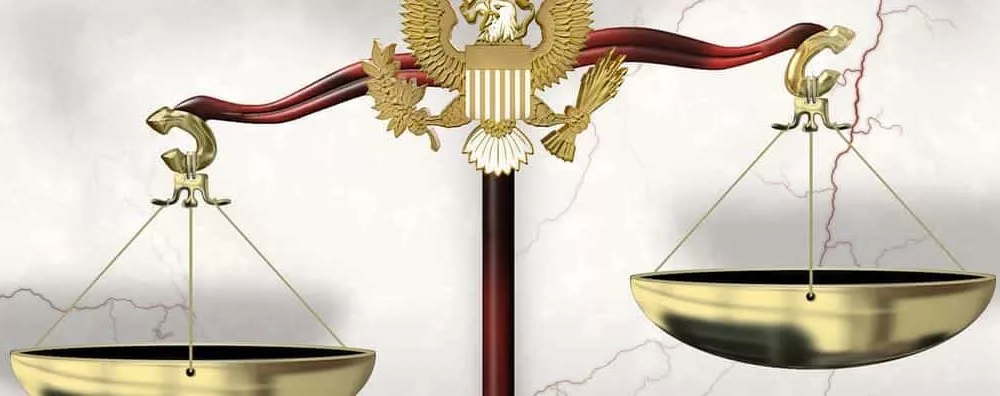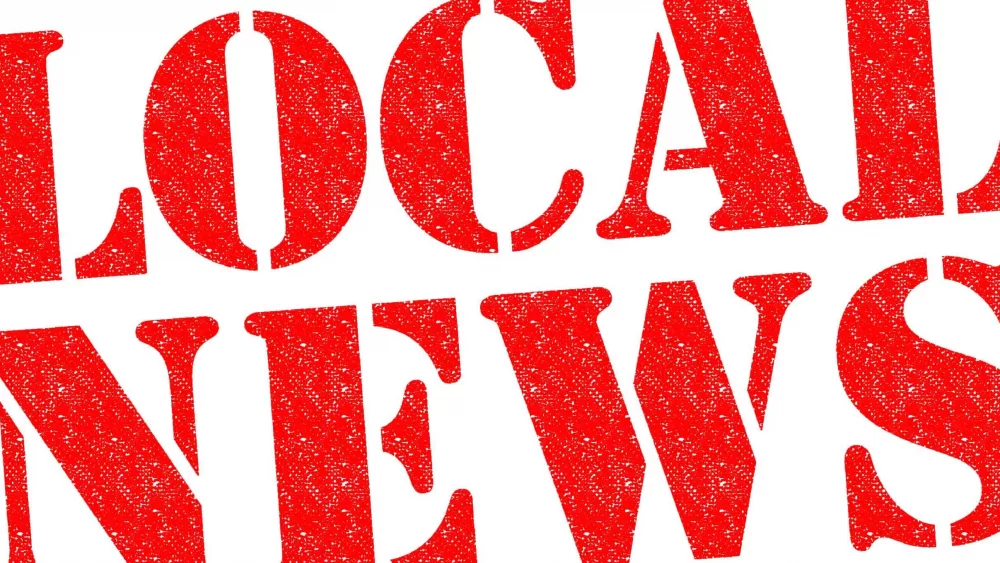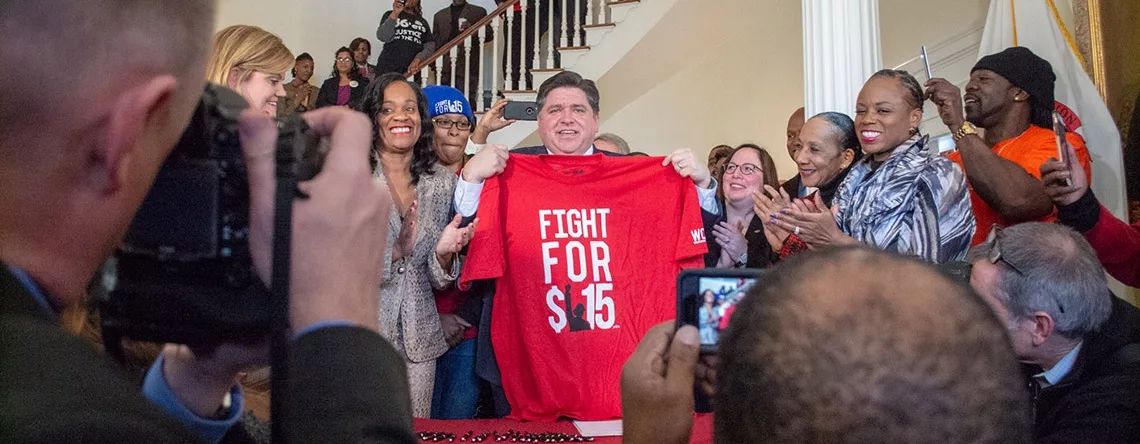By KEVIN BESSLER
Illinois Radio Network
An Illinois law banning banks and credit card companies from charging swipe fees on taxes and tips continues to play out in court.
A U.S. District Court judge has issued a preliminary injunction preventing the state from enforcing the Interchange Fee Prohibition Act on nationally chartered banks and savings institutions, but not on credit card companies and Illinois banks. That means, as of right now, the state can enforce the law on those institutions starting in July.
The state law, which bars national banks from collecting certain fees from customers directory, constrains the National Bank Act, the judge said in the ruling.
The American Bankers Association and the Illinois Bankers Association are leading the lawsuit saying the Interchange Fee Prohibition Act violates federal law.
“We look forward to answering the judge’s questions to ensure that this relief applies to all financial institutions involved in the Illinois payment system, so the customers they serve will also be protected from the harm [the] IFPA will cause if it is allowed to move forward,” said the American Bankers Association, Illinois Bankers Association, America’s Credit Unions, and the Illinois Credit Union League in a statement.
Rob Karr, president of the Illinois Retail Merchants Association, said the ruling will provide tangible relief to Illinois families, which their survey shows are in favor of the law.
“Eighty-six percent of voters agree that it is unfair for banks and credit card companies to charge businesses swipe fees on sales taxes they collect for the state of Illinois and units of local government,” said Karr.
Gov. J.B. Pritzker said the change was the best outcome for Illinois retailers, who will also be capped in the discount they get for collecting and remitting sales taxes. But the Electronic Payments Coalition said the Illinois law is an example of troubling self-dealing by a state government.
The court is scheduled to hear additional arguments on Jan. 15.



